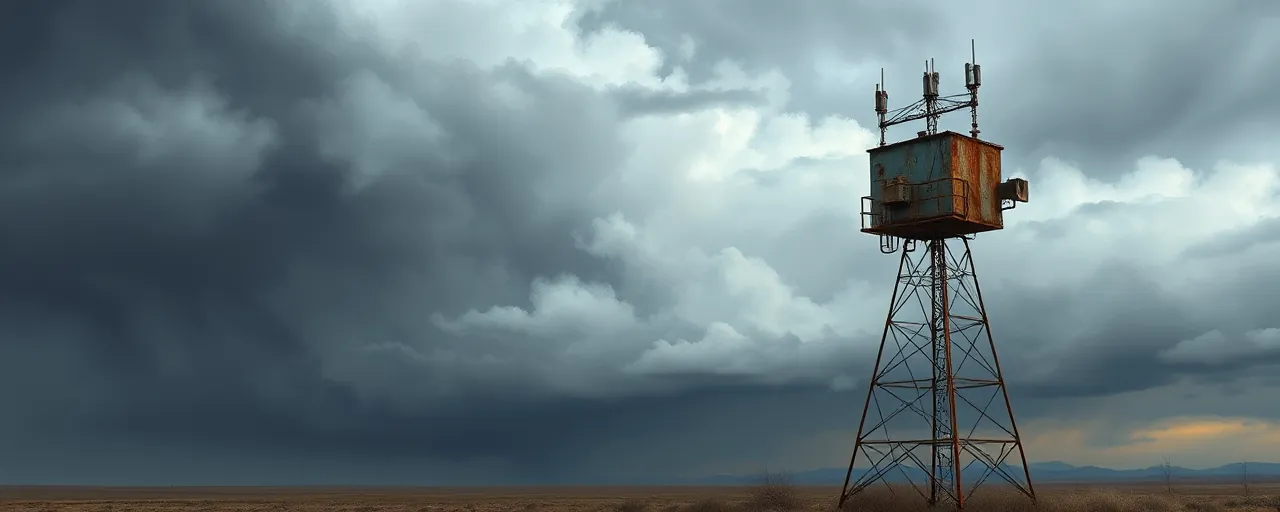A Betrayal of Public Trust
American taxpayers have long footed the bill for National Public Radio and the Public Broadcasting Service, expecting impartial journalism in return. Instead, these outlets churn out content that leans so far left it alienates half the nation. From stories on 'queer animals' to documentaries pushing reparations, NPR and PBS have abandoned objectivity for advocacy. The evidence is glaring, and the pattern is undeniable.
Take NPR’s 2024 Valentine’s Day feature claiming banana slugs are hermaphrodites and some deer are 'nonbinary.' Or PBS’s 2023 Washington Week roundtable, where panelists glossed over President Biden’s mental sharpness with laughable praise. These aren’t isolated missteps. They reflect a deeper agenda to reshape cultural norms, funded by hardworking Americans who deserve better.
Public broadcasting was meant to inform and unite, not divide with niche ideologies. Yet, year after year, these networks prioritize narratives over facts, leaving taxpayers questioning why their dollars support such bias. The time has come to confront this misuse of public funds head-on.
The Corporation for Public Broadcasting, which funnels taxpayer money to NPR and PBS, was created in 1967 to serve underserved communities and promote education. That mission has been hijacked. Instead of fostering unity, these outlets amplify divisive rhetoric, leaving many Americans feeling betrayed by institutions meant to serve them.
A Track Record of Selective Reporting
The bias isn’t just cultural. NPR’s refusal to cover the Hunter Biden laptop story in 2020, dismissing it as a 'distraction,' exposed a deliberate choice to shield one political side. When a veteran editor called out this failure, NPR suspended him, revealing an intolerance for dissent. Studies confirm this pattern: a 2023 analysis found PBS gave congressional Republicans 85% negative coverage while Democrats enjoyed 54% positive spin.
Contrast this with the relentless focus on unproven claims against political opponents. NPR hammered the Russian collusion narrative for years, echoing partisan talking points without skepticism. Meanwhile, PBS’s coverage of the 2024 Republican National Convention was 72% negative, while Democrats got a glowing 88% positive review. This isn’t journalism; it’s activism dressed up as news.
Advocates for public broadcasting argue it provides essential local journalism and educational content. But when the output skews so heavily toward one worldview, it undermines any claim to public service. Taxpayers shouldn’t subsidize outlets that cherry-pick stories to fit a predetermined narrative.
Historical scandals like Watergate showed the power of a free press to hold leaders accountable. Yet NPR and PBS seem less interested in exposing truth than in curating it. Their dismissal of the COVID-19 lab-leak theory, now backed by the FBI and CIA, further erodes trust. If public media can’t report objectively, why should they get public money?
The Cost of Cultural Overreach
NPR and PBS don’t stop at politics. Their cultural programming often feels like a lecture on how Americans should think. In 2022, NPR celebrated 'trans-ceratops' and 'genderqueer dinosaur enthusiasts.' PBS aired a children’s show featuring a drag queen called 'Lil’ Miss Hot Mess.' These choices don’t reflect the values of most taxpayers, who want media that respects their intelligence, not preaches.
Supporters of this content claim it fosters inclusion and reflects societal change. But pushing fringe ideas on a publicly funded platform alienates viewers and listeners who see it as propaganda. The rise of queer artists in music, like Chappell Roan, shows representation can thrive privately without taxpayer backing. Why should NPR and PBS force-feed cultural shifts when the market already meets those demands?
The financial argument for defunding is equally compelling. The U.S. spends less than $2 per person on public media, a fraction of other nations, but every dollar counts when trust is broken. Corporate underwriting already supplements these outlets, raising questions about their dependence on public funds. Redirecting those resources to truly neutral platforms would better serve the public.
Restoring Accountability
Ending taxpayer support for NPR and PBS isn’t about silencing voices; it’s about fairness. These outlets can survive privately, as countless media organizations do, answering to audiences rather than bureaucrats. Defunding would force them to compete on merit, not coast on government handouts while pushing agendas.
The debate over public broadcasting echoes broader concerns about trust in media, now at historic lows with only 7% of Americans expressing strong confidence in news outlets. Restoring faith starts with ensuring taxpayer money doesn’t bankroll bias. By cutting NPR and PBS loose, lawmakers can signal that accountability matters more than ideology.
This isn’t a new fight. Past efforts to defund public broadcasting faltered under claims it would gut educational programming. But in an era of endless digital content, that argument holds less water. Americans deserve media that informs without preaching, and defunding NPR and PBS is a step toward that goal.
